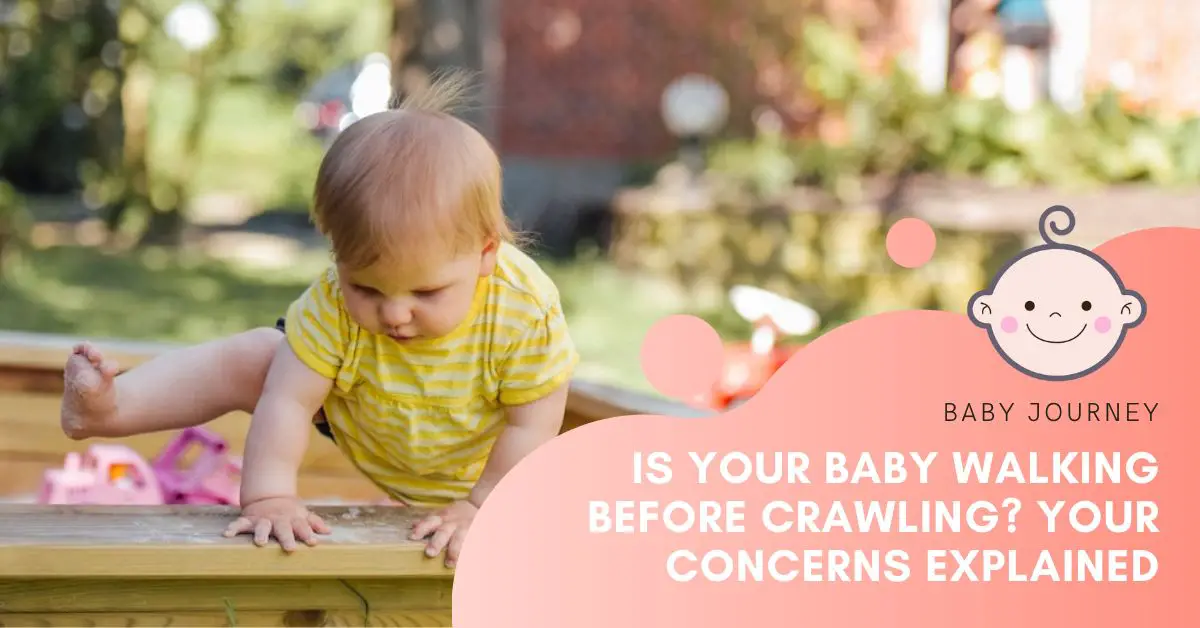
By Dr. Mark Shatz
Did you know that many states now offer free college courses for high school students? In Ohio, where I live, that privilege extends to students in grades 7-12. My son was able to graduate high school having already earned 27 credit hours from Ohio University. That’s nearly a full year of college, including textbooks, free of charge! As my son’s ATM, I was delighted to delay draining my 403B retirement account.
I understand that parents may be concerned about whether a teen can navigate the demands of higher education while attending high school and participating in extracurriculars. You may be wondering, is taking college classes in high school worth it? There are many benefits of taking college classes in high school. As a university professor who has taught hundreds of post-secondary students, and as a parent who enrolled his kid in college courses, I believe the following preparations will help make your experience with college courses positive, productive, and fun.
10 Tips to Prepare Students for Taking College Classes in High School
1. Focus on learning readiness.
When debating whether an adolescent should take college courses, remember that age doesn’t predict success. I’ve had 15-year-old high schoolers outperform full-time college students. The best predictor of post-secondary success is independent learning ability. A motivated teenager with solid reading comprehension skills will easily handle the academic demands of introductory college courses.
2. Take it slow.
The lure of tuition-free college courses is enticing, so parents understandably want to maximize the financial benefit. But remember, becoming a successful university student doesn’t happen overnight. There’s a natural adjustment period to the increased academic demands of higher education. It’s best to start with one college course per term, then gradually increase the academic load.
3. Be prepared to spend some money.
College courses typically have an e-learning component, and phones or tablets are not always virtual learning compatible. Students will need a “real” computer and high-speed Wi-Fi. That means parents might need to move up the laptop graduation gift.
4. Let your teen decide their academic pacing.
I’ve found that by the time students reach their senior year of high school, many are already prepared and capable enough to be full-time college students. Most high school seniors attending my classes at Ohio University are full-time college students. They seldom go to their high school building except for playing sports or participating in extracurriculars. But there are also other students who simultaneously take high school and college courses; they’re slower to increase their academic load. In either case, teens are more likely to be successful academically if they (not the parents) decide whether to be part-time or full-time college students while finishing high school.
5. Suggest finding a study buddy (or two).
The way college courses are taught can be significantly different from high school instruction. I advise anyone taking college classes to find study buddies to help figure things out. The high schoolers taking my courses usually travel in packs of two or three.
6. Do course credit research.
Most university courses, especially general education classes, are transferable to other institutions. However, specialized college courses, like math or science sequences, might not fulfill a university’s specific requirements. It’s best to meet with an academic advisor to discuss possible colleges of interest and whether coursework will transfer.
7. Preach Covid-19 flexibility.
The changing nature of Covid-19 and vaccines allowed universities to return to in-person instruction. However, most universities have contingency plans to reintroduce restrictions (e.g., masking, social distancing) or move classes back to the cloud if cases increase. For the foreseeable future, the university policies concerning Covid will be fluid, and students need to be ready to adapt.
8. Encourage using email.
To succeed in college, students must recognize that email is the primary form of communication. Teach them to send a proper email with a subject line, greeting, full sentences, and closing. Their professors will appreciate it. Also, remind them to check their inbox regularly.
9. Treat college like a job.
When I was growing up, my father told me, “As long as you live in my house, you’ll have a job!”, and I thought one day I’d say the same to my kid. But having a job isn’t always possible for a high school student enrolled in college courses. The courses are challenging and time-consuming. I view them as an investment that, in the long run, pays considerably more than a minimum wage job. That’s why I’ve jokingly changed my father’s rant to: “As long as you live in my house, you’ll take free college classes.”
10. Be an emotional support for your kid.
It can be challenging to select and complete college classes. Your role now is to listen, support, and guide your teen as they navigate the intellectual challenges of higher education. By the time they leave for college, they will already know what to expect academically and can divert some of their attention toward learning how to live independently.
Taking college courses while attending high school is a win-win for parents and teens. Subsidized courses and textbooks can save families thousands of dollars and helps prepare teens for the significant life changes just around the corner.

 PARENTING TIPS
PARENTING TIPS PREGNANCY
PREGNANCY BABY CARE
BABY CARE TODDLERS
TODDLERS TEENS
TEENS HEALTH CARE
HEALTH CARE ACTIVITIES & CRAFTS
ACTIVITIES & CRAFTS

